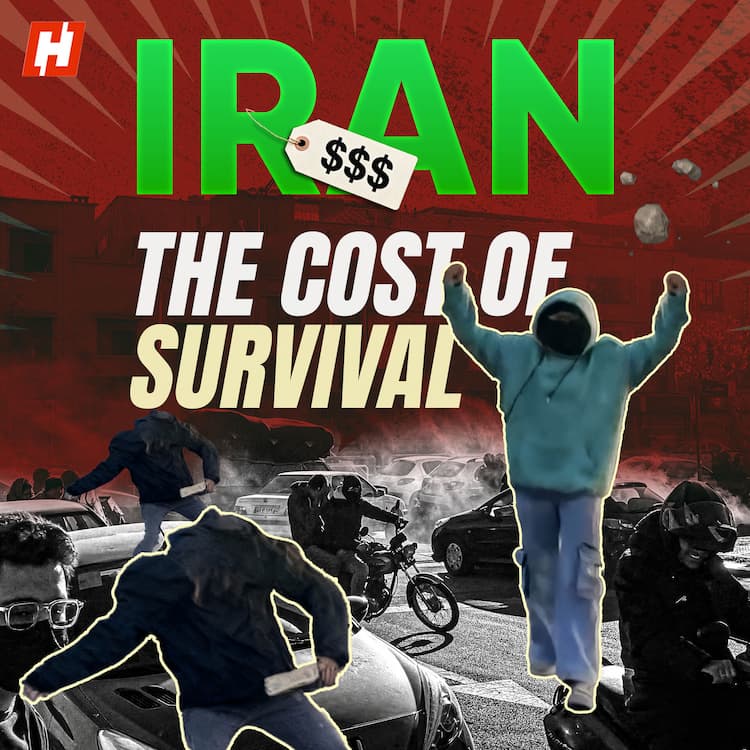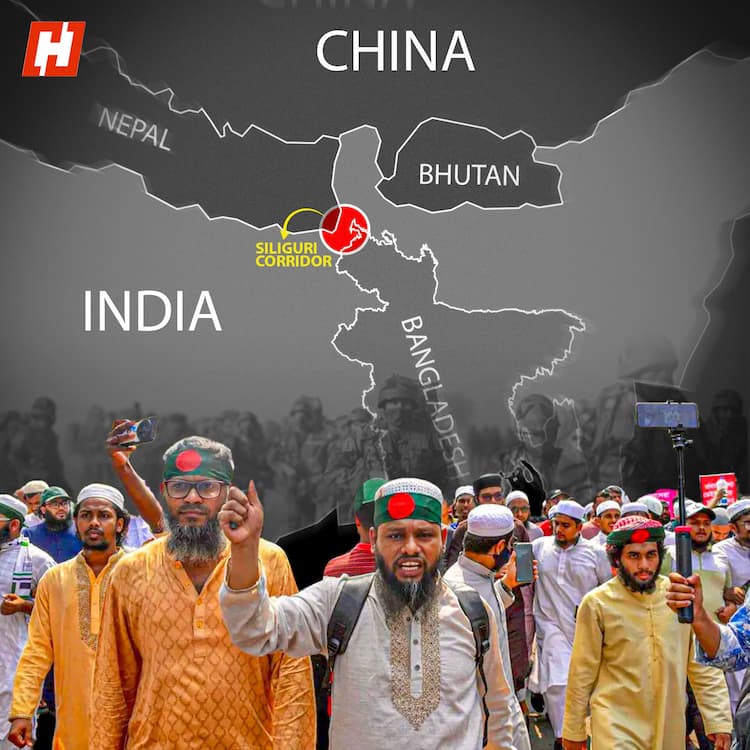In a bold move, India joined Taliban-led Afghanistan, China, Russia, and even Pakistan in opposing US President Donald Trump’s bid to regain control of Afghanistan’s Bagram air base.
Without naming Bagram air base, a strongly-worded joint statement by participants of the 7th Moscow Format Consultations on Afghanistan decried the “unacceptable attempts by countries to deploy their military infrastructure in Afghanistan and neighbouring states”. Adding that such moves do NOT “serve the interests of regional peace and stability”.
India’s big show of solidarity towards Afghanistan raises two important points.
One, India once again showed the US that it would not endorse Trump’s assertive approach in the region. And second, siding with her neighbour signals a marked shift in how India sees the geopolitical reality in the region.
Wondering why all the hullabaloo over the Bagram air base?
Well, the Bagram air base lies around 50 km outside the capital of Kabul. Back in 2001, Bagram played a pivotal role in the US’ invasion of Afghanistan and its subsequent “war on terror”. However, the US abandoned the air base during its hasty 2021 withdrawal.
Now, Trump wants it back.
On Sep 18, Trump whilst on his state visit to the UK reiterated that the US gave the Bagram air base to Afghanistan “for nothing” but now, given that Afghanistan needs the US to lift the sanctions on them, amongst other things, Trump demanded they give it back.
Two days later, he doubled down on that demand by threatening Afghanistan in a post on Truth Social. Trump declared “bad things” would happen if Afghanistan didn’t give Bagram air base back “to those who built it”.
Moreover, Trump pointed out that the base was close to a nuclear weapon-making facility of China. Given Afghanistan’s rugged, mountainous terrain, few places are suitable for landing large military planes and weapons carriers, thus reinforcing its strategic importance.
Shockingly, the Taliban rejected Trump’s demand, declaring that “for the Islamic Emirate, Afghanistan’s independence and territorial integrity are of the utmost importance”.
Notably, New Delhi’s support for Afghanistan comes just days before the visit of acting Foreign Minister Amir Khan Muttaqi - a historic first for a Taliban leader.
This was made possible after the UN Security Council allowed him to travel to New Delhi from October 9 to 16.
For context - the Taliban’s leaders are on a list of sanctioned individuals under the UNSC Resolution 1988 (2011).
While India is yet to officially recognise the Taliban government, it has been providing humanitarian and development assistance.





